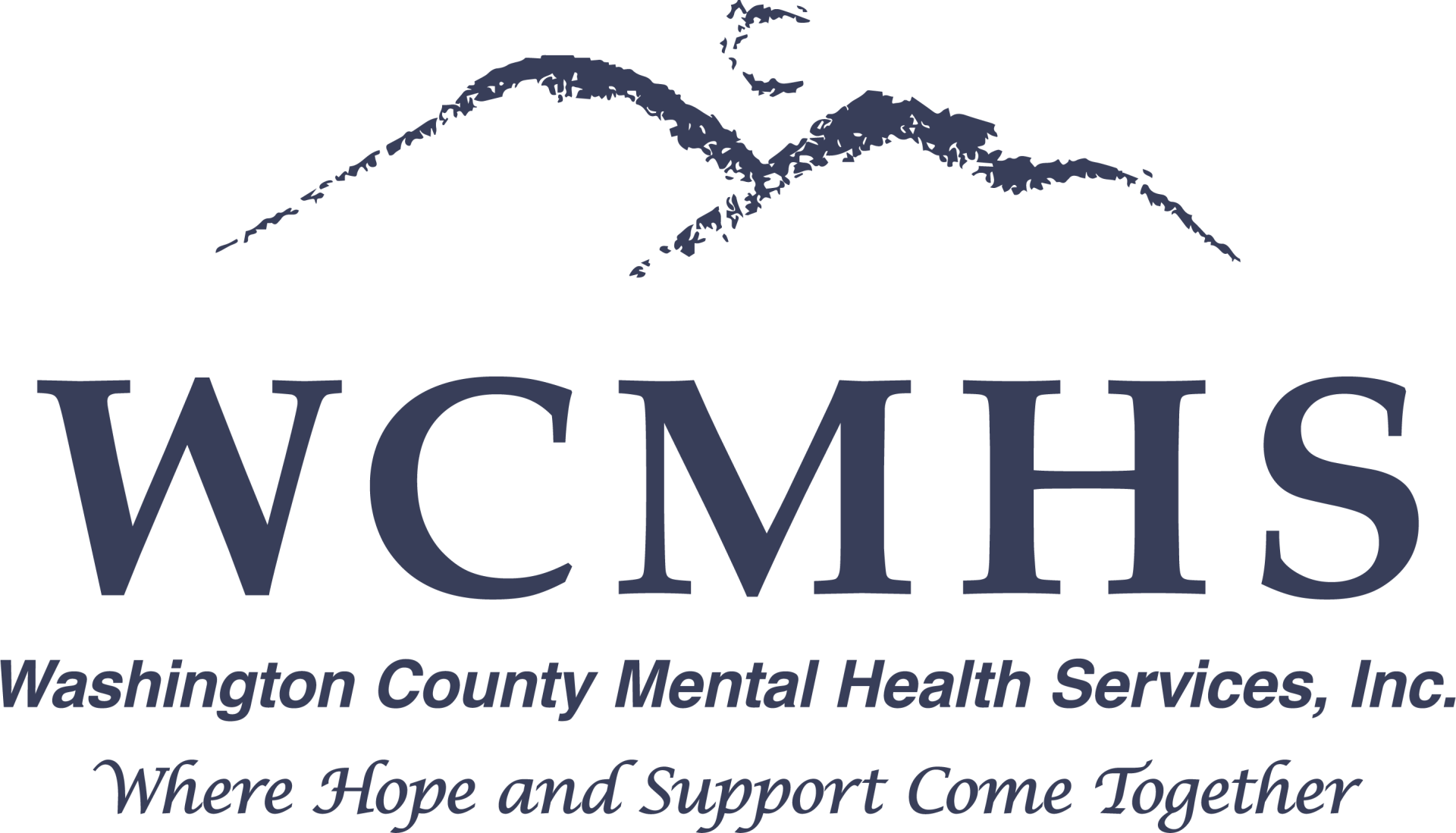Need help? We're here 24/7
COMMUNITY SUPPORT PROGRAM
Comprehensive Community Care.
The Community Support Program (CSP) provides comprehensive community-based support services to persons with intensive and persistent mental health needs. Our services are individualized and emphasize health, wellness, and recovery, developed to meet people where they are at.
-
Case Management
Case Management
ADD/ Care Coordination helps clients identify the best programs for their needs, coordinating care in housing, benefits, employment, and physical/ psychiatric care and support with Daily Living.
- Housing assistance and support
- Health and wellness benefits guidance
- Employment assistance and support
- Physical and psychiatric care coordination
- Support with activities of daily living
-
Psychiatry
Psychiatry
Support including medication management provided for eligible clients, The case manager will help coordinate services.
-
Counseling
Counseling
Strength-based, trauma informed, recovery-oriented approach offered in office and community.
Modalities include:
- Cognitive Behavioral Therapy (CBT)
- Substance Use Treatment
- DBT program (therapy and skills group)
- Collaborative Network Approach
-
Community Support
Community Support
Home and community-based assistance with wellness, problem-solving, decision-making, and life skills. Support includes personal finance management, healthcare access, medication management, and home care skills. Many of our staff are peers, individuals with lived experience, that share their experience, strength and hope in their work with others.
-
Employment Support
Employment Support- Green Mountain Workforce
Helps individuals find and maintain community-based employment. Works with Vermont Hirability, employers, & community partners to integrate employment into recovery. Services include job search assistance, skill development, benefits counseling, & support in overcoming employment barriers.
-
Sunrise Wellness Center
Sunrise Wellness Center
Located in Montpelier, the Sunrise Wellness Center pA supportive space to develop skills for managing mental illness, trauma, and substance use. Individuals work toward personal goals using tools like the Wellness Recovery Action Plan.
-
Residential Support
Residential Support
Therapeutic, Crisis & Peer-Supported Housing: licensed homes and peer-run housing with a trauma-informed, recovery-oriented approach.
- Crisis Housing: programs like Maple House, a peer-run crisis bed, offer short-term stabilization in a supportive environment.
- Transitional Housing: The Community Support Program (CSP) helps individuals with intensive mental health needs transition to permanent, affordable housing with support for appointments, medication management, and daily living skills.
-
Peer Supported Residences
The Peer Support Program (PSP) provides services and support to a number of residential programs including the Maple House crisis bed, Heaton Street transitional bed, Men’s and Women’s Shared Living (two separate locations), the Tiny House Project, Fresh Start House and the soon-to-be Arid House.
Hillside North (Men) and Hillside South (Co-ed) Shared Living Residences, ia a gender-specific residential program that began 20 years ago, providing support as requested or indicated by its residents. These can be in the form of psycho-social supports or with activities for daily living.
The Tiny House Project is a unique, three-unit housing initiative housing formerly homeless individuals. A peer, someone with homelessness lived experience, provides support to the residents of The Tiny Houses and adjacent apartment located in Barre. The Tiny Houses were designed and built by Norwich University’s Architectural Design department and is managed by Downstreet Housing. The WCMHS Housing Coordinator provides housing support to the tenants.
The first Tiny House tenant occupancy took place in February 2020 with the second taking occupancy in December 2020. The Tiny Houses are a truly remarkable design feat given the tiny space!
Fresh Start House is a four-unit single room occupancy (SRO) project that has a peer onsite providing support with activities for daily living, emotional needs and personal connections. The typical tenant are individuals that are hard to house due to multiple evictions, negative behaviors, significant homelessness or other issues. The PSP provides support on an ongoing basis.
Arid House is a three-bedroom home with a goal of providing housing to people who are attempting to maintain sobriety and have had a challenging time successfully maintaining housing due to chronic substance use. This is an abstinence-based residence where no alcohol or other substances are permitted or used by the tenants. The peer in this program is an individual working on maintaining their own sobriety and also has had a challenging time with housing.
-
Maple House Crisis Bed
Maple House, in operation for eight years, is a peer-run crisis bed, that can be accessed via self-referral, or referrals by a client’s team or Screeners. Occupants of Maple House may also arrive from Home Interventions, Department of Corrections, inpatient care at another facility or diversion from the CVMC Emergency Department. The expected length of stay is three to five days. Staff work from 5:00 pm to 8:00 am and 24 hours on Saturday and Sunday.
-
Heaton Street Transitional Bed
Heaton Street has housed two transitional beds since 2004, with lengths of stay up to 30 days. It’s designed for people that are transitioning from one location to another or individuals that have been homeless and are transitioning to housing.
-
How to Access Help
If this is an emergency please call (802) 229-0591.
For Crisis Services:
You can contact the Emergency Services Team by calling (802) 229-0591 or by visiting the office during normal business hours:
286 Hospital Loop
Building C, Physician’s Building
Berlin, VT 05602
For Community Support Service:
For access to WCMHS services, you can also call (802) 229-0591 and ask to speak to one of our friendly Intake Coordinators. You will be asked what kind of services you are seeking and depending on your answer (children’s services, adult mental health services) you will be directed to the correct person. You may also be asked some routine questions and to schedule a brief interview to begin the process of accessing services. If you are not sure what services you are seeking, or what programs we offer, WCMHS will work with you to help you determine and access the services you may need.
How to reach us
AND WHAT TO EXPECT
Getting the help needed, whether for you, your child, a family member or friend, is just a phone call away. We're here to help, 24/7/365.
- Your call will be answered. Always.
We're always here, ready to answer your call with compassion and understanding. We're listening.
- We're listening.
When you call us and if in crisis, you'll be connected to a screener who will listen and help put you at ease. If your call is less urgent, we'll schedule you for an assessment and begin the intake process.
- We'll need to get some information.
Conducting an assessment will help us better understand your needs so we can ensure you're connected with the services to best meet you where you're at.
- Get the support that meets your needs.
Once we have an understanding of your needs, we'll provide a referral to appropriate level of care.
- Our wait times may be a bit longer...
There's a lot of need within our community and wait times are longer than usual. But we have options that will help put you at ease until there are openings. We got you. Always.




